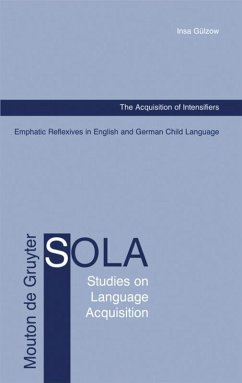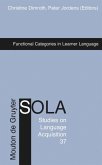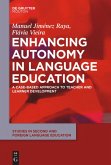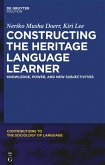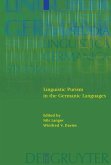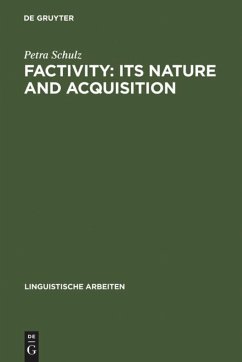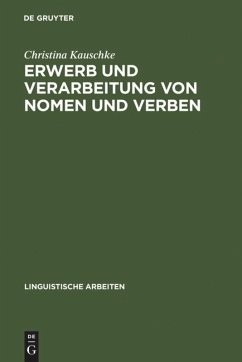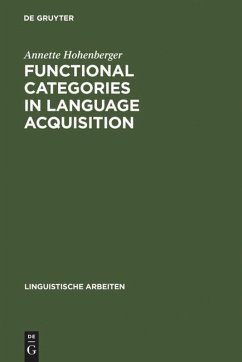How do young children negotiate and comment on their participation in a given event? The study presented gives an insight into German and English children's use of intensifiers and related expressions at early stages of language development. The longitudinal production data of six German-speaking and six English-speaking children is examined with regard to when and in which contexts the intensifiers German selbst/selber and English x-self (myself, yourself, himself, etc.) appear. It is demonstrated that by integrating intensifiers into their utterances, children develop an important linguistic skill in the process of establishing themselves as increasingly independent and competent agents.
Insa Gülzow analyzes the acquisition of intensifiers by children acquiring German or English as their first language. Based on a comparative analysis of intensifiers and related expressions in the two languages, she examines the longitudinal production data of six German-speaking and six English-speaking children with regard to when and in which contexts the intensifiers German selbst/selber and English x-self (myself, yourself, himself, etc.) appear. As intensifiers evoke alternatives to the referent of their focus and relate a central referent to more peripheral alternative referents, they are an important linguistic means to structure the participants of a child's early discourse. By integrating intensifiers into their utterances, children can identify themselves as central. The notion of being included or excluded in a certain state of affairs is relevant for children when interacting with their parents and/or other children. In the course of development, children acquire a number of both linguistic and non-linguistic skills that characterize them as increasingly independent and competent agents. In this process, intensifiers are an important linguistic device with which children can negotiate and comment on their participation in a given event. The three parts of the volume consist first, of a detailed analysis of the intensifiers selbst/selber and x-self and related expressions such as allein and by x-self in the two languages. Special attention is given to the fact that in English, intensifiers and reflexive pronouns are identical expressions while in German they are distinct. Second, previous results of comprehension studies are carefully reviewed in order to relate them to the findings in longitudinal production data. Third, a detailed analysis of the children's early use of intensifiers and related expressions is presented.
Insa Gülzow analyzes the acquisition of intensifiers by children acquiring German or English as their first language. Based on a comparative analysis of intensifiers and related expressions in the two languages, she examines the longitudinal production data of six German-speaking and six English-speaking children with regard to when and in which contexts the intensifiers German selbst/selber and English x-self (myself, yourself, himself, etc.) appear. As intensifiers evoke alternatives to the referent of their focus and relate a central referent to more peripheral alternative referents, they are an important linguistic means to structure the participants of a child's early discourse. By integrating intensifiers into their utterances, children can identify themselves as central. The notion of being included or excluded in a certain state of affairs is relevant for children when interacting with their parents and/or other children. In the course of development, children acquire a number of both linguistic and non-linguistic skills that characterize them as increasingly independent and competent agents. In this process, intensifiers are an important linguistic device with which children can negotiate and comment on their participation in a given event. The three parts of the volume consist first, of a detailed analysis of the intensifiers selbst/selber and x-self and related expressions such as allein and by x-self in the two languages. Special attention is given to the fact that in English, intensifiers and reflexive pronouns are identical expressions while in German they are distinct. Second, previous results of comprehension studies are carefully reviewed in order to relate them to the findings in longitudinal production data. Third, a detailed analysis of the children's early use of intensifiers and related expressions is presented.

